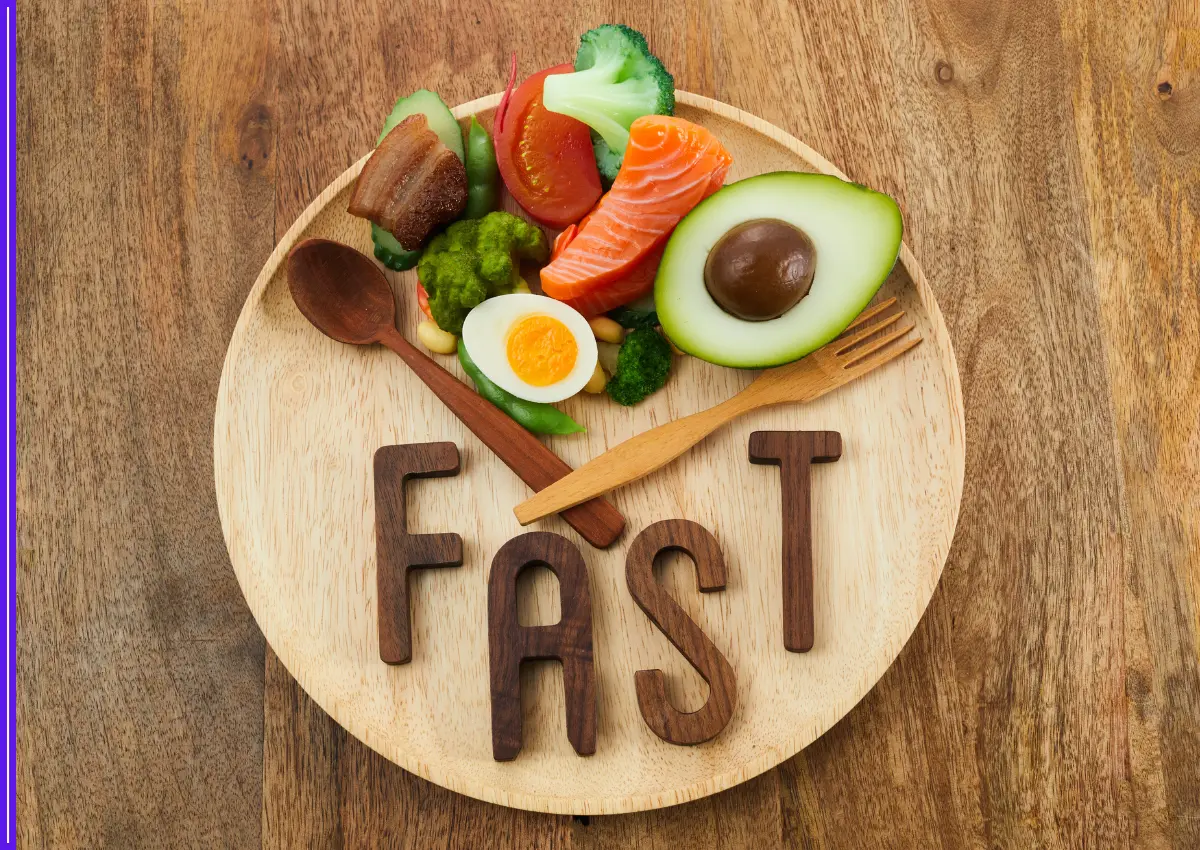When you’re in your 20s, you think you have all the answers—especially when it comes to fitness. You feel strong, energetic, and invincible. But sometimes, that confidence can lead you down the wrong path. That’s exactly what happened to a now well-known fitness coach who, in his 30s, has finally found clarity after years of struggling with ineffective fat loss methods.
Looking back, he says, “I thought I was doing everything right. I trained hard, stayed away from carbs, tried every supplement out there, and pushed myself every single day. But nothing really worked the way I wanted it to.”
Now, with more than a decade of experience, this coach is helping others avoid the same mistakes. In this article, he opens up about the 11 fat loss mistakes he made in his 20s and why each of them set him back more than they pushed him forward.

1. Spending too much time in the gym
When he first started working out, he thought success was all about time. The more hours he spent in the gym, the more fat he believed he’d burn. On most days, he’d be lifting weights for 90 minutes and then doing cardio for another 30 to 45 minutes. But over time, he noticed his energy dropping, motivation fading, and progress plateauing.
The truth he later discovered was that fat loss isn’t about the number of hours you put in—it’s about how effectively you train. A focused 45-minute session with intensity and structure gave him better results than his old 2-hour marathons.
2. Ignoring the power of proper nutrition
One of the biggest turning points in his journey was realizing that exercise alone wouldn’t get him the body he wanted. In his early years, he didn’t track his food intake and assumed that as long as he ate “healthy,” he’d lose fat. What he didn’t realize was that he was still consuming too many calories—even if they were from clean sources.
Later on, when he began tracking calories and understanding macronutrients, his body composition changed dramatically. Nutrition became the foundation, not an afterthought.
3. Relying too heavily on cardio
In his 20s, he believed cardio was the magic solution to burning fat. He’d run for miles every week and sometimes even do double cardio sessions. Yet, he still struggled to lose body fat and often felt drained.
What he didn’t know at the time was that strength training plays a crucial role in fat loss. Building lean muscle helps boost metabolism, meaning you burn more calories at rest. When he shifted his focus to resistance training, the fat started to come off—without hours of running.
4. Taking fat burners and unnecessary supplements
The supplement industry is filled with products that promise quick fat loss. In his early days, he fell for the marketing. Fat burners, detox teas, carb blockers—he tried them all. Not only were they expensive, but they often caused side effects like insomnia, anxiety, and crashes in energy.
Over time, he realized that no supplement could replace good habits. Today, he sticks to only a few basic supplements like protein powder and creatine—if needed—and gets most of his nutrients from real food.
5. Avoiding carbohydrates entirely
Like many others, he thought carbs were the enemy. He cut them out almost completely, thinking that would speed up fat loss. For a while, he lost some weight, but it didn’t last. His workouts suffered, his mood dropped, and eventually, the cravings kicked in hard.
When he reintroduced healthy carbs like fruits, brown rice, sweet potatoes, and oats, everything changed. He had more energy, better performance in the gym, and still lost fat—just in a more sustainable way.
6. Skipping meals to cut calories
He assumed that eating less automatically meant losing more fat. So, he’d skip breakfast or even lunch to save calories. But this only led to poor energy throughout the day and massive binge eating at night.
What he eventually learned was that spacing meals properly and eating balanced portions helped him stay full, energized, and in control. Meal timing wasn’t just about convenience—it was about fueling his body right.

7. Underestimating the importance of sleep
In his 20s, sleep wasn’t a priority. He’d often stay up late scrolling social media, watching Netflix, or even working late. With only 4 to 5 hours of sleep most nights, he didn’t realize the damage it was doing to his fat loss goals.
Lack of sleep increases cortisol, the stress hormone, which is linked to fat retention—especially around the belly. It also affects hunger hormones, making you crave sugar and carbs. Once he started prioritizing 7 to 8 hours of quality sleep, the changes in his recovery and fat loss were noticeable.
8. Not taking rest days seriously
He believed that real progress came from training every single day. Rest was seen as weakness. Even when he felt sore or fatigued, he pushed through. But soon, injuries and burnout started creeping in.
Now, he schedules rest days just like workouts. Whether it’s a full day off or active recovery like stretching or walking, he’s learned that rest is where the body repairs and grows.
9. Constantly comparing himself to others
Social media made things worse. He’d see influencers with ripped abs and perfect physiques and feel like he was falling behind. He tried to copy their routines or diets, but the results never matched.
It took time for him to realize that everyone’s journey is different. Genetics, goals, lifestyle—all of it varies. Once he stopped comparing and started focusing on his own progress, things became much easier and more enjoyable.
10. Focusing only on the scale
Every morning, he’d step on the scale. If it went up, his mood went down. If it went down, he felt better. But he didn’t understand that weight isn’t the only sign of progress. Sometimes, fat loss happens while the scale stays the same—especially if you’re gaining muscle.
Today, he tracks progress through photos, measurements, strength improvements, and how his clothes fit. The scale is just one small piece of the puzzle.
Lacking patience and switching plans too often
This was his biggest mistake. He’d try a diet or workout plan for two weeks, and if results didn’t show immediately, he’d jump to the next thing. This cycle of inconsistency delayed his progress for years.
Eventually, he committed to one structured plan for 12 weeks straight—and saw better results than ever before. The real key, he says, is patience and discipline.
What he wants others to know
Looking back, he wishes someone had sat him down and told him the truth. That fat loss isn’t a race. That it’s okay to rest. That you don’t need to suffer or punish your body to see results.
He now works with clients around the world, using these lessons to guide their transformation journeys. His approach is no longer about chasing perfection. It’s about building habits, maintaining balance, and enjoying the process.
“You won’t get everything right in the beginning—and that’s okay,” he says. “The important thing is to keep learning, keep showing up, and never stop believing in your potential.”
FAQs (from People Also Ask)
What is the biggest mistake people make when trying to lose fat?
Most people overestimate the power of exercise and underestimate the importance of nutrition, sleep, and recovery.
How long should a workout be for fat loss?
Workouts lasting 45 to 60 minutes, 4 to 5 times per week, are ideal when combined with proper nutrition.
Are carbs bad for fat loss?
No. Carbs provide energy for workouts and recovery. The key is to choose complex, fiber-rich carbs and eat them in moderation.
Do I need to take fat burners to lose weight?
No. Fat burners are not necessary and often come with side effects. A well-balanced diet and consistent training are more effective and sustainable.
Can I lose fat without counting calories?
Yes, but tracking calories can help with portion control and make fat loss more predictable—especially for beginners.









